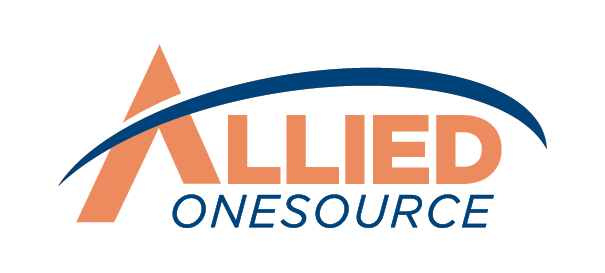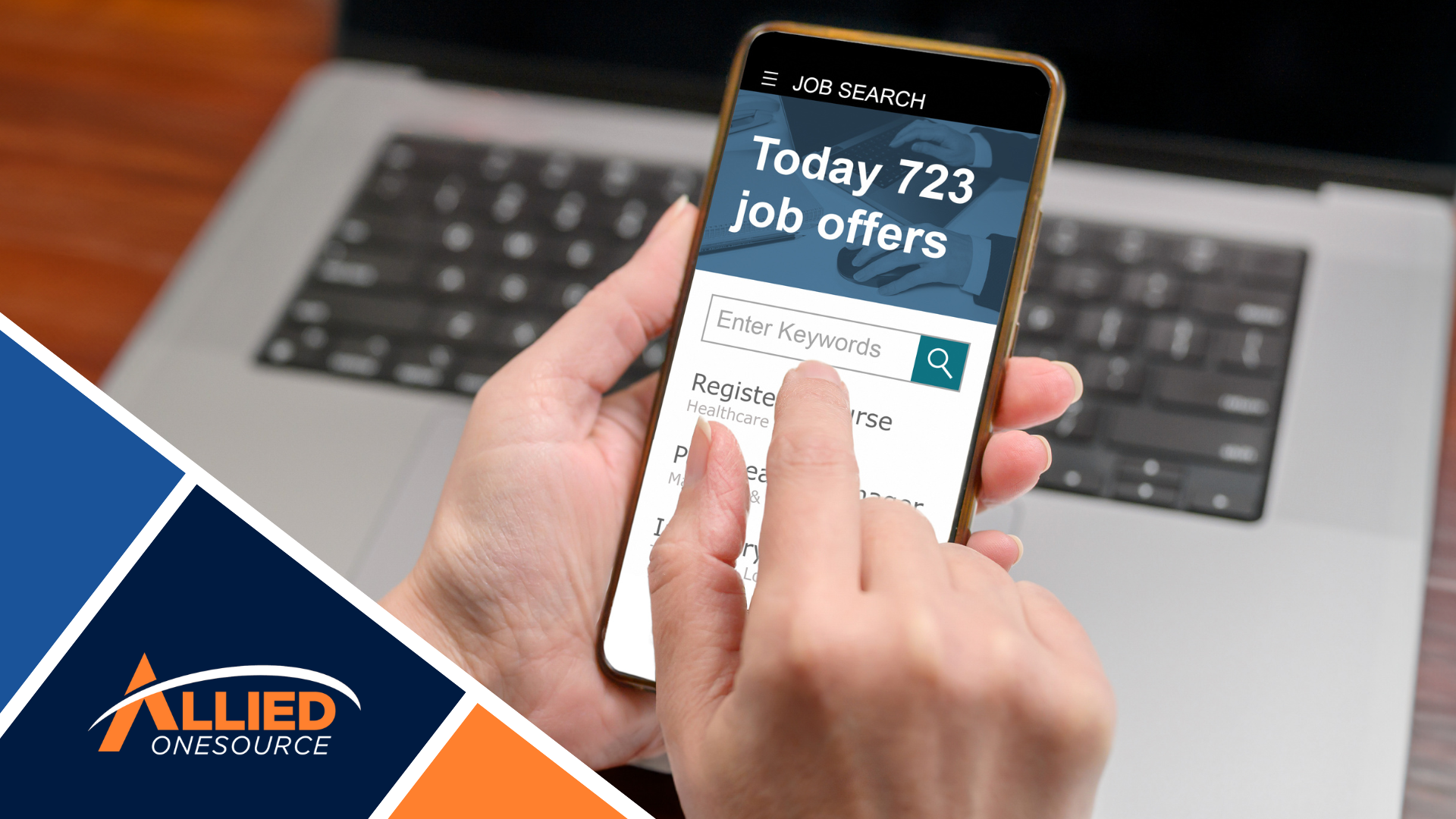New Year, New Beginnings: Expert Insights on Timing Your Next Career Move
The quote "New Year, New Me" doesn't only apply to a person's personal qualities. It can also refer to shifts in their professional roles or titles. As the year winds down, it's like opening the door to a fresh start, full of new possibilities and opportunities.
So, as you gear up for the new year and everyone's making resolutions to better themselves, how can professionals ensure they're timing their next career move just right? This article aims to provide candidates like you with the right strategy to do so.
Harnessing New Year Momentum
Research shows that people have increased motivation during specific times or temporal landmarks.¹ Birthdays and New Years are two of the most famous examples of these landmarks. Specifically talking about the latter, beginning a new calendar symbolizes receiving a clean slate. It's a chance to leave past slip-ups behind and focus on potential successes in the days ahead.
Whether you are looking to advance your career with your current company or you're looking to explore new roles in a different organization, it's crucial to harness the momentum that New Year brings.
Strategic Career Change Tips
Before you can push through with the shift you want to make, you need to know what direction you're headed. To help you strategize your next career move, Allied OneSource suggests these three tips:
1. Reflect on your goals.
Reaching your goals is challenging when you're unsure what they are to begin with. Find out if you want to change roles, careers, or companies by diving deep into what you truly want.
Think of both your personal and professional goals. Ask yourself about where you can imagine yourself in 5 years' time. Do you aspire to be higher up in the current working structure you belong to? Or maybe you see yourself in an entirely different role in a new environment?
Take the time to reflect on what you truly want. Once you've established that, identify specific goals to help you achieve your desired change.
Imagine an IT professional. After reflective thinking, he decided he wanted more work-life balance as his ultimate goal. Instead of focusing only on that big goal, he creates smaller ones that are easier to attain. For example, 'Clock out on time' or 'Improve time management skills.'
By discovering your personal and professional goals, you're getting one step closer to strategizing your next move.
2. Evaluate your current satisfaction.
How do you honestly feel about the job you're doing right now? Take a critical look at how satisfied you are with your current responsibilities. Evaluate your satisfaction throughout a typical workday.
During your self-evaluation, you can ask the following:
- Am I happy with my work responsibilities?
- Do I often feel motivated or engaged at work?
- Does the company culture align with my personal values?
- Do I feel valued for my work and effort?
- Are my desires for growth being met?
Giving mostly negative answers suggests you're unsatisfied with your current career. If that's the case, it's time for you to understand what professional shift would turn your 'No's into resounding 'Absolutely's.
3. Consider external factors.
Choosing either to stay or find a new career path shouldn't be based only on what you want. Many external factors can affect your decision. For example:
Economic Conditions
The economic climate can be the main difference between a successful and an unsuccessful career shift. Economic downturns usually result in fewer job opportunities. When planning your next career move, it's wise to consider this external factor. Making decisions without knowing the economic conditions can lead to bad offers or zero working opportunities.
Industry Status
The success of your next career move greatly relies on the stability of the industry you're looking to join. It's not enough to just know your next steps. You need to fully commit to reaching your goals by considering the environment it's part of. For instance, learning about the trends and outlook in the engineering world could help you understand what goals you need to set.
Expert Insights for a Seamless Move
Whether that's a step upward on the corporate ladder or a moving truck toward your new company, you must be prepared for the career move you're planning to make. To ensure your success, consider the following expert insights for a seamless move.
Get to know yourself.
Before making your desired move, it's important to embark on a journey of self-discovery. As a professional, explore your passions and motivations. What keeps you going amidst the uncertainty a career change brings?
Take the time to reflect on your strengths and areas of improvement. What can you offer your next boss or teammates? Additionally, what are the things about yourself you should work on?
Get to know yourself by identifying your principles and core attributes. Make sure that your next career move doesn't just align with your ambitions but also with the values you uphold.
Invest in transferable skills.
With the work landscape constantly changing, you must learn to appreciate the importance of transferable skills. Many employers look for hard skills like computer programming, but at the end of the day, your success relies heavily on soft skills like adaptability, communication, and critical thinking.
Invest time and energy in gaining universal skills that are needed in all types of work. Practice them to develop the value you can bring to any industry you are interested in.
Curate your network.
Networking is an essential activity for a candidate such as yourself. Although making connections is necessary to widen your opportunities, you must pay attention to who you connect with. Actively curate your network by connecting with mentors, colleagues, and industry professionals. Attend online forums and networking events to create a dynamic web of connections.
Make sure to get to know the people you connect with. Simply exchanging business cards will never be enough. Take the time to converse and discuss. Include insightful and supportive people in your network. And avoid getting involved with individuals who often exhibit negativity in thoughts and actions.
Read More: Career Mistakes to Avoid
Learn about the market.
Like being aware of external factors, creating a seamless career move calls for good knowledge about the job market in which you want to be included. Stay in the loop regarding trends and in-demand skills. Say you're eyeing a shift from finance to tech – knowing the latest trends and sought-after skills in the tech sector becomes crucial.
But don't just rely on connections; conduct your own research. Put in the effort to learn about potential employers and possible challenges or opportunities you may face.
Seek guidance from career mentors.
Regardless of your motivation, navigating a career move alone can be a challenge. Luckily, you can always seek guidance from seasoned professionals who are more than capable of helping you transition between roles or companies.
Read More: Navigating Career Transitions - Strategies for Successfully Changing Jobs
Contrary to popular belief, career mentors are dedicated individuals who care about your success. They consider the goals you're aiming for and advise you on the best paths you can take to achieve them.
Besides words of wisdom, these mentors and professionals can also give you valuable insights. Thanks to their extensive knowledge regarding the industry they belong to, you can gain insider knowledge and expertise you can't learn from anywhere else.
Reaching out to counselors and staffing professionals ensures that you always have a partner working towards your seamless career move.
MAKE YOUR CAREER SHIFT SUCCESSFUL WITH THE RIGHT STAFFING PARTNER
As one of the oldest firms in the staffing and recruiting industry, Allied OneSource is here to provide you with the guidance you need. Get ready for your next meaningful career shift with the help of our talented career mentors. Allow us to connect you with the right opportunities and outstanding employers. Contact us today!
Reference
1 Peetz, Johanna , and Anne E. Wilson. "The Post-birthday World: Consequences of Temporal Landmarks for Temporal Self-appraisal and Motivation." Journal of Personality and Social Psychology, vol. 104, no. 2, 2013, pp. 249-266, https://doi.org/10.1037/a0030477.










